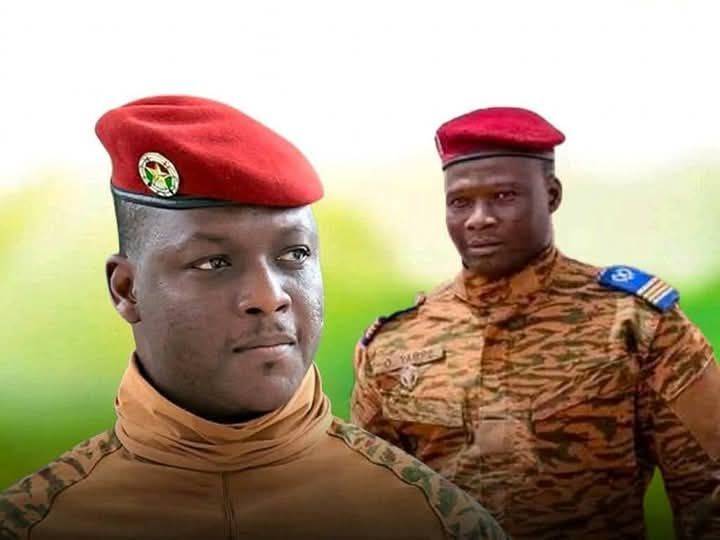A fresh wave of international attention is sweeping across Africa as reports emerge of Russia deploying special forces to Burkina Faso. According to reliable insider sources, the elite troops were dispatched on direct instructions from President Vladimir Putin, with their mission focused solely on safeguarding the presidency of Captain Ibrahim Traoré and maintaining stability in the West African nation. The move, though yet to be officially confirmed by Russian state media, has sparked intense discussions across diplomatic, political, and public platforms.
Captain Ibrahim Traoré, a figure who has recently captured the hearts of many Africans, particularly the youth, is fast becoming a symbol of resistance, sovereignty, and Pan-African awakening. Since assuming power, his bold stance against external interference and his focus on reclaiming African pride have earned him both admiration and scrutiny. Against this backdrop, the rumoured deployment of Russian special forces has added yet another layer of complexity to Burkina Faso's political landscape.
In what has been described as a cryptic but telling comment, President Putin reportedly referred to Traoré as “like a son to me,†adding, “I am a caring big brother, if a younger brother calls for help… I’d gladly answer.†These words, whether symbolic or literal, reflect a growing shift in geopolitical alliances across Africa, where traditional Western influence is gradually being challenged by emerging Eastern partnerships.
This development comes amid ongoing security challenges in the Sahel region, where Burkina Faso, alongside Mali and Niger, continues to face threats from insurgent groups. In response, the countries have taken a bold step by forming the Alliance of Sahel States (AES), a confederation aimed at enhancing mutual defence and promoting regional integration. The possible involvement of Russian forces now brings a new dimension to these efforts, potentially strengthening the alliance’s ability to counter security threats.
Analysts are already weighing the implications. Some view the move as a strategic partnership rooted in mutual respect and national interest. Others see it as part of a broader global recalibration, where Africa is choosing alternative partners who respect its sovereignty and are willing to support its development agenda without imposing conditions. Either way, it is evident that Burkina Faso under Captain Traoré is no longer playing by the old rulebook.
While official communication from Ouagadougou remains measured, the atmosphere in the country is one of cautious optimism. Many citizens are hopeful that international support, especially from allies like Russia, will enhance internal security and protect the government’s vision for transformation. For others, it represents a warning to external forces who might seek to undermine the leadership of Burkina Faso or destabilise the new wave of independence sweeping through the region.
Social media has been buzzing since the report broke, with the hashtags #IbrahimTraore, #Afrocania, and #Putins trending across platforms. Youth-led discussions, digital forums, and music all reflect a new energy—a sense that Africa is at the dawn of a shift that places its destiny in its own hands, bolstered by partnerships of mutual interest.
This move also highlights Russia's growing footprint in Africa. From diplomatic ties to military cooperation, and now strategic security alliances, Moscow appears keen on repositioning itself as a trusted partner on the continent. For countries like Burkina Faso, whose people have long expressed frustration over neocolonial structures and external manipulation, the shift is not just political—it’s deeply personal.
As events continue to unfold, many eyes remain on West Africa. Whether or not this new partnership will deliver the peace and stability citizens yearn for remains to be seen. But one thing is clear—Captain Ibrahim Traoré is not standing alone, and the winds of change are blowing strong.




No comments yet
Be the first to share your thoughts!